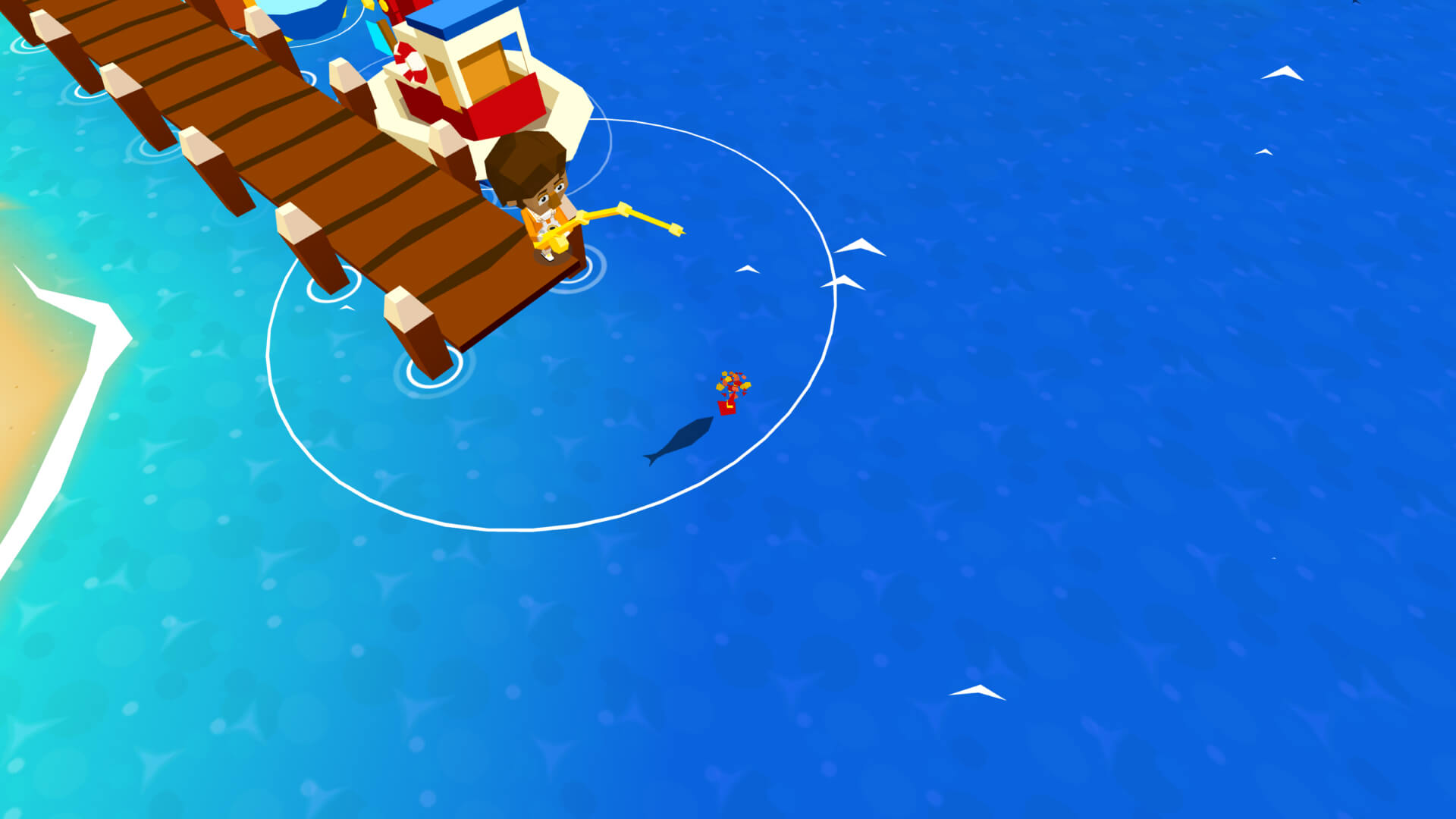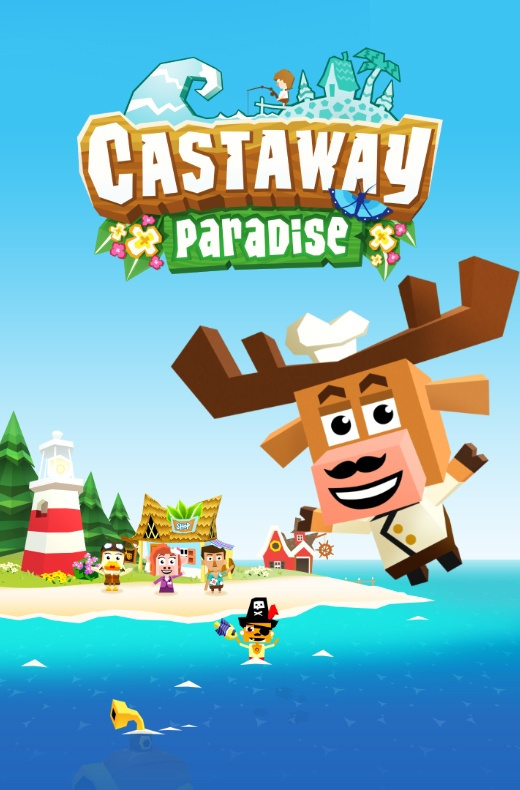

As much as I don’t want to compare the game to its peers, the small selection of villagers can’t be ignored. Perhaps the saving grace of the tedious quests are the characters.

While in many ways, the customization options felt superior to other games in the genre, the repetitive nature of the tasks given and the real-life wait times for certain crops to grow (to then be able to sell or turn in for a quest) made the tasks feel like actual, real world chores, which I didn’t particularly enjoy.
CASTAWAY PARADISE UPGRADE
Progression in the game is tied to the experience points that are given for practically every task, and the currency earned that can be used to upgrade everything from outfits to the interior of your house (well, tent at the beginning). Plenty of tasks are on hand, and most of them have the uncanny ability to turn what would be a mundane undertaking into something more engaging. Around the island village, different villagers are waiting to give the player tasks, which can range anywhere from growing and harvesting food to solving puzzles and going fishing. The gameplay is fairly standard for the genre. Namely, there’s more than a decade of genre conventions to analyze, pulling what you like and don’t like in an effort to frankenstein a fun and interesting take on the village sim, but is it clear that the developers tried their very best to do so?

That being said, there are many upsides to being the proverbial new kid in town. While not exactly a crowded genre, Nintendo’s peaceful franchise has reigned supreme since the first game’s release on the GameCube, and it’s evident that Stolen Couch Games are big fans of the series. First and foremost, before anything else can be said about Castaway Paradise, the village simulator by indie studio Stolen Couch Games, it must be stated that yes, there is quite a lot of Animal Crossing influence that can be felt in this game.


 0 kommentar(er)
0 kommentar(er)
